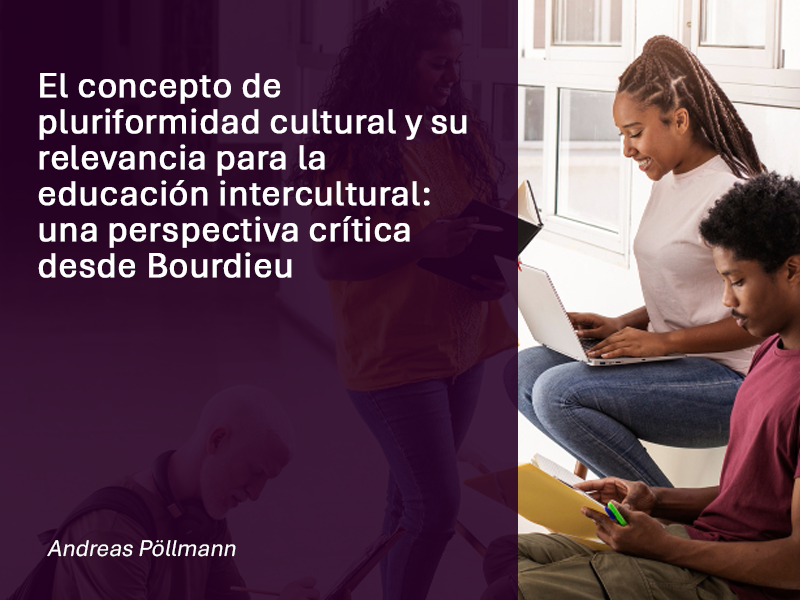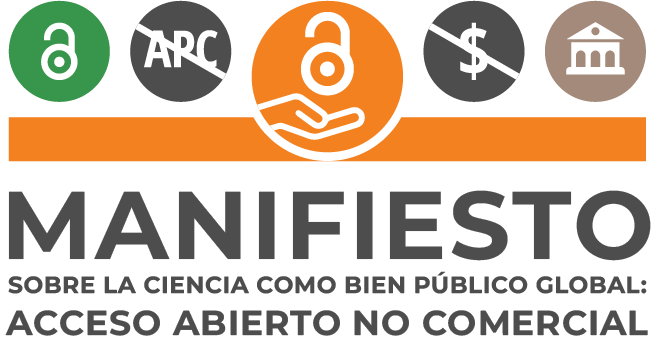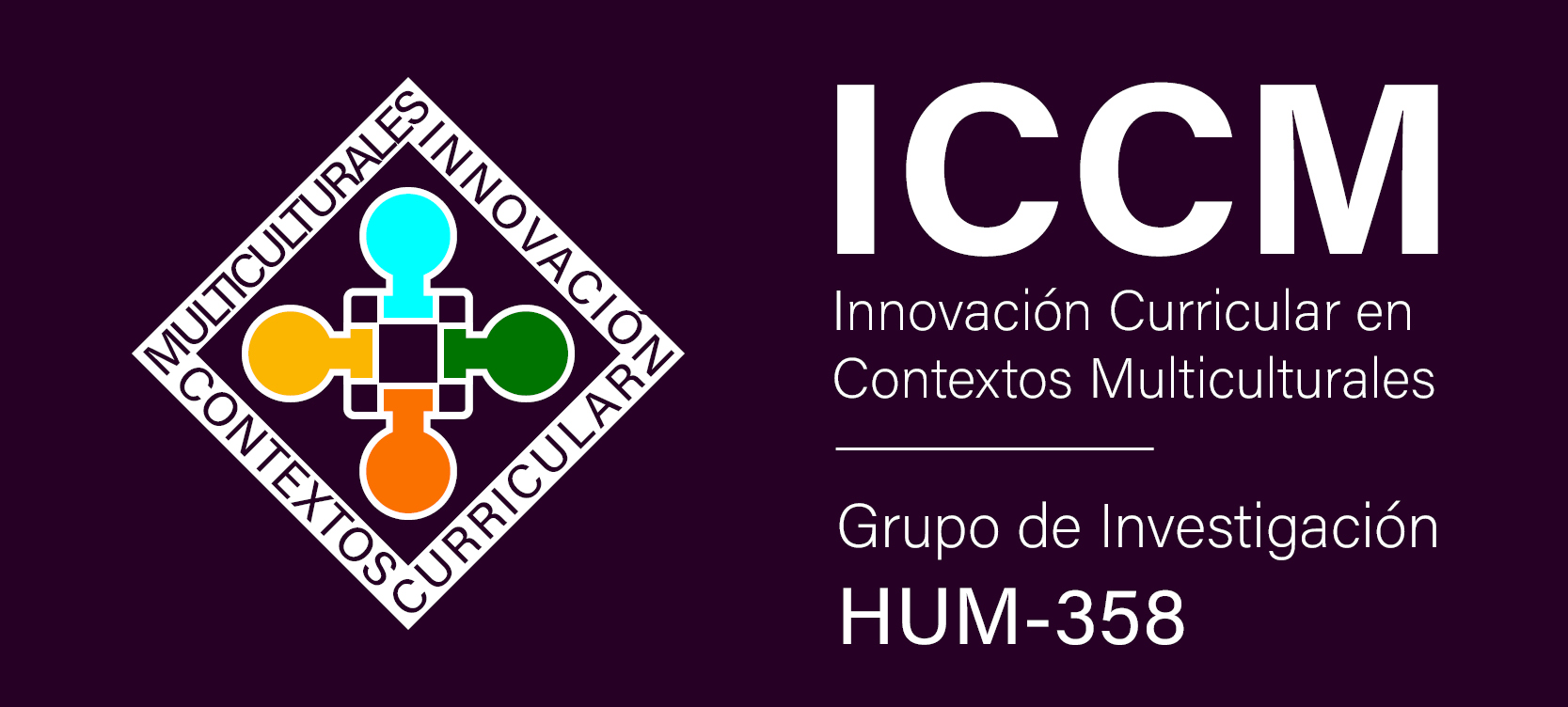THE CONCEPT OF CULTURAL PLURIFORMITY AND ITS RELEVANCE TO INTERCULTURAL EDUCATION: A CRITICAL PERSPECTIVE DRAWING ON BOURDIEU
DOI:
https://doi.org/10.30827/modulema.v9i.31478Keywords:
Cultural capital, Cultural pluriformity, Intercultural Education, Pierre Bourdieu, Critical analysisAbstract
Drawing on Pierre Bourdieu’s conceptual framework, this article presents the notion of cultural pluriformity and its relevance for critical, inclusive and equitable intercultural education. Located at the nexus of Bourdieu’s notions of habitus, field, and doxa, the concept of cultural pluriformity refers to the co-occurrence of different forms of cultural and intercultural capital within the same individual or field. The critical and exploratory analysis of cultural pluriformity offers a viable alternative to prescriptions of what it supposedly means to be interculturally competent. The article sustains that the concept of cultural pluriformity is particularly appropriate for critically challenging monolingual institutional contexts (e.g., in schools) that do not adequately recognise and value the real linguistic and cultural diversity of the student body. In doing so, it illustrates that the empirical investigation of cultural pluriformity at the levels of incorporation, objectification and institutionalisation requires special attention to the empathetic and inclusive collaboration of researchers and research subjects.
Downloads
References
Aman, R. (2018). Decolonising intercultural education: Colonial differences, the geopolitics of knowledge, and inter-epistemic dialogue. Routledge. DOI: https://doi.org/10.4324/9781315616681
Bhabha, H. K. (2012). The location of culture. Routledge. DOI: https://doi.org/10.4324/9780203820551
Blumer, H. (1954). What is wrong with social theory? American Sociological Review, 19(1), 3-10. https://doi.org/10.2307/2088165 DOI: https://doi.org/10.2307/2088165
Boler, M. (1999). Feeling power: Education and the emotions. Routledge.
Bourdieu, P. (1977). Outline of a theory of practice. Cambridge University Press. DOI: https://doi.org/10.1017/CBO9780511812507
Bourdieu, P. (1986). The forms of capital. En J. G. Richardson (Ed.), Handbook of theory and research for the sociology of education (pp. 241-258). Greenwood.
Bourdieu, P. (1990). The logic of practice. Polity Press. DOI: https://doi.org/10.1515/9781503621749
Bourdieu, P. (1991). Language and symbolic power. Harvard University Press.
Carles, P., & Bourdieu, P. (2001). La sociologie est un sport de combat. CP Productions. VF Films [prod.].
Dervin, F. (2020). Creating and combining models of intercultural competence for teacher education/training: On the need to rethink IC frequently. En F. Dervin, R. Moloney, & A. Simpson (Eds.), Intercultural competence in the work of teachers (pp. 57-72). Routledge. DOI: https://doi.org/10.4324/9780429401022-5
Dervin, F. (2024). Communicating around interculturality in research and education. Routledge. DOI: https://doi.org/10.4324/9781003451938
Dervin, F., & Jacobsson, A. (2022). Intercultural communication education: Broken realities and rebellious dreams. Springer. DOI: https://doi.org/10.1007/978-981-19-1589-5
Dervin, F., & Simpson, A. (2021). Interculturality and the political within education. Routledge. DOI: https://doi.org/10.4324/9780429471155
Deyrich, M.-C. (2023), Addressing power asymmetries in doctoral supervision. En C. J. Craig, J. Mena, & R. G. Kane, R.G. (Eds.), Studying teaching and teacher education (pp. 243-254). Emerald Publishing Limited. https://doi.org/10.1108/S1479-368720230000044024 DOI: https://doi.org/10.1108/S1479-368720230000044024
Doerr, N. M. (2019). Transforming study abroad: A handbook. Berghahn Books. DOI: https://doi.org/10.2307/j.ctvw04fc0
Dusdal, J., & Powell, J. J. (2021). Benefits, motivations, and challenges of international collaborative research: A sociology of science case study. Science and Public Policy, 48(2), 235-245. https://doi.org/10.1093/scipol/scab010 DOI: https://doi.org/10.1093/scipol/scab010
Faist, T. (2022). Métodos transfronterizos: el desafío del nacionalismo metodológico y las perspectivas de la metodología transnacional. Migración y Desarrollo, 20(38), 41-70. https://doi.org/10.35533/myd.2038.tf DOI: https://doi.org/10.35533/myd.2038.tf
Fatone, A. (2022). Entre estereotipos y prejuicios: una propuesta práctica. Foro de profesores de E/LE, 18, 15-32.García Canclini, N. (2001). Consumers and citizens: Globalization and multicultural conflicts. University of Minnesota Press. DOI: https://doi.org/10.7203/foroele.18.24980
Giroux, H. (2021). Critical Pedagogy. En U. Bauer, U. H. Bittlingmayer, & A. Scherr (Eds.), Handbuch Bildungs- und Erziehungssoziologie (pp. 1-16). Springer VS. DOI: https://doi.org/10.1007/978-3-658-31395-1_19-1
Gogolin, I. (2023). Multilingualism in monolingual schools and the German example. Oxford Research Encyclopedia of Education. Recuperado 23.09.2024. https://doi.org/10.1093/acrefore/9780190264093.013.1906 DOI: https://doi.org/10.1093/acrefore/9780190264093.013.1906
Gorski, P. C. (2008). Good intentions are not enough: A decolonizing intercultural education. Intercultural Education, 19(6), 515-525. https://doi.org/10.1080/14675980802568319 DOI: https://doi.org/10.1080/14675980802568319
Herder, J. G. (1966). Outlines of a philosophy of the history of man. Bergman.
Holguín Vaca, D. P., & Castaño Arques, A. (2024). “This image made me feel, but also think”: Critical visual literacy and interculturality in the classroom of Spanish as an additional language. Íkala, Revista de Lenguaje y Cultura, 29(2), 1–23. https://doi.org/10.17533/udea.ikala.355938 DOI: https://doi.org/10.17533/udea.ikala.355938
Holliday, A. (2022). Contesting grand narratives of the intercultural. Routledge. DOI: https://doi.org/10.4324/9781003039174
Holmes, P., & Corbett, J. (2022). Critical intercultural pedagogy for difficult times. Routledge. DOI: https://doi.org/10.4324/9781003150756
Jasser, M., Radhuber, I., Prainsack, B., Saxinger, G., & Kieslich, K. (2022). Zur Rolle der Wissenschaft in Pandemien: Für eine interdisziplinäre, transregionale und solidarische Forschung. SWS-Rundschau, 62, 79-98.
Kincheloe, J. (2012). Teachers as researchers: Qualitative inquiry as a path to empowerment. Routledge. DOI: https://doi.org/10.4324/9780203801550
Kuckartz, U., & Rädiker, S. (2023). Qualitative content analysis: Methods, practice and software. SAGE. DOI: https://doi.org/10.4324/9781003213277-57
Maton, K. (2014). Habitus. En M. Grenfell (Ed.), Pierre Bourdieu: Key concepts (pp. 48-64). Routledge.
Millora, C., Maimunah, S., & Still, E. (2020). Reflecting on the ethics of PhD research in the Global South: Reciprocity, reflexivity and situatedness. Acta Academica, 52(1), 10-30. http://dx.doi.org/10.18820/24150479/aa52i1/sp2 DOI: https://doi.org/10.18820/24150479/aa52i1/SP2
Picón Nieto, A. F., Orna Egas, E. S., & Lucio Ramos, Y. J. (2024). Interculturalidad crítica: ¿cómo descolonizar la educación? Código Científico Revista de Investigación, 5(1), 1009-1032. https://doi.org/10.55813/gaea/ccri/v5/n1/414 DOI: https://doi.org/10.55813/gaea/ccri/v5/n1/414
Nuñez, Y. I. (2021). The constitution of a new indigenous social subject: Guarani people, formal education and intercultural capital. Educação e Pesquisa, 47, 1-22. https://doi.org/10.1590/S1678-4634202147227958 DOI: https://doi.org/10.1590/s1678-4634202147227958
Pöllmann, A. (2014). Capital intercultural: hacia la conceptualización, operacionalización e investigación empírica de un marcador de distinción sociocultural en ascenso. Cultura y Representaciones Sociales, 9(17), 54-73. https://www.culturayrs.unam.mx/index.php/CRS/article/view/368
Pöllmann, A. (2016). Habitus, reflexividad y la realización de capital intercultural: El potencial (no aprovechado) de la educación intercultural. Cultura y Representaciones Sociales, 11(21), 55-78. https://www.culturayrs.unam.mx/index.php/CRS/article/view/331
Pöllmann, A. (2017). Predictors of intercultural capital embodiment in contemporary Mexico. Universidad y Sociedad, 9(5), 63-69. https://rus.ucf.edu.cu/index.php/rus/article/view/712
Pöllmann, A. (2018a). La formación intercultural de los futuros maestros mexicanos de secundaria. Revista Electrónica de Investigación Educativa, 20(1), 83-92. https://doi.org/10.24320/redie.2018.20.1.1461 DOI: https://doi.org/10.24320/redie.2018.20.1.1461
Pöllmann, A. (2018b). Capital intercultural y posición socio-educacional: un análisis estadístico de las prácticas de lectura en idiomas extranjeros en la población alemana contemporánea. Cultura y Representaciones Sociales, 13(25), 170-183. https://www.culturayrs.unam.mx/index.php/CRS/article/view/620 DOI: https://doi.org/10.28965/2018-25-06
Pöllmann, A. (2019). Intercultural capital. En P. Moy (Ed.), Oxford Bibliographies in Communication (pp. 1-11). Oxford University Press. DOI: https://doi.org/10.1093/obo/9780199756841-0237
Pöllmann, A. (2021). Bourdieu and the quest for intercultural transformations. SAGE Open, 11(4), 1-8. https://doi.org/10.1177/21582440211061391 DOI: https://doi.org/10.1177/21582440211061391
Pöllmann, A., & Sánchez Graillet, O. (2015). Cultura, lectura y deporte: Percepciones, prácticas, aprendizaje y capital intercultural: Encuesta Nacional de Cultura, Lectura y Deporte. Libros UNAM.
Sartorello, S. C., & Herbetta, A. (2023). Experiencias y prácticas educativas interculturales colaborativas en perspectiva crítica y decolonial. Revista Latinoamericana de Estudios Educativos, 53(3), 9-16. https://doi.org/10.48102/rlee.2023.53.3.587 DOI: https://doi.org/10.48102/rlee.2023.53.3.587
Sandoval Forero, E. A., & Capera Figueroa, J. J. (2021). Educación para la paz integral y la no-violencia: un acercamiento intercultural decolonial desde los pueblos indígenas en Colombia. Entretextos: Revista de Estudios Interculturales desde Latinoamérica y el Caribe, 15(28), 137-152. https://doi.org/10.5281/zenodo.5117926
Schmelkes, S. & Ballesteros, A. D. (2023). Intercultural education: The training of teachers for inclusion. En I. Menter (Ed.), The Palgrave Handbook of Teacher Education Research (pp. 1313-1336). Springer. DOI: https://doi.org/10.1007/978-3-031-16193-3_66
Swartz D. L. (2016). Bourdieu’s concept of field. En L. Spillman (Ed.), Oxford Bibliographies in Sociology (pp. 1–19). Oxford University Press. DOI: https://doi.org/10.1093/obo/9780199756384-0164
Tawil Stempa, D. (2023). Un proceso de educación intercultural crítica y decolonial en Jngi Ndanchitsjeen: una reflexión metodológica y personal. Revista Latinoamericana de Estudios Educativos, 53(3), 97-123. https://doi.org/10.48102/rlee.2023.53.3.591 DOI: https://doi.org/10.48102/rlee.2023.53.3.591
Venables Brito, J. P. (2022). El colonialismo intelectual como obstáculo comprensivo del capitalismo neoliberal. Por una sociología global de carácter periférico. Revista Mexicana de Ciencias Políticas y Sociales, 67(245), 395-420. https://doi.org/10.22201/fcpys.2448492xe.2022.245.76566 DOI: https://doi.org/10.22201/fcpys.2448492xe.2022.245.76566
Zembylas, M. (2023). A decolonial critique of ‘diversity’: Theoretical and methodological implications for meta-intercultural education. Intercultural Education, 34(2), 118-133. https://doi.org/10.1080/14675986.2023.2177622 DOI: https://doi.org/10.1080/14675986.2023.2177622

Published
How to Cite
Issue
Section
License
Copyright (c) 2025 Andreas Pöllmann

This work is licensed under a Creative Commons Attribution-NonCommercial-ShareAlike 4.0 International License.

















